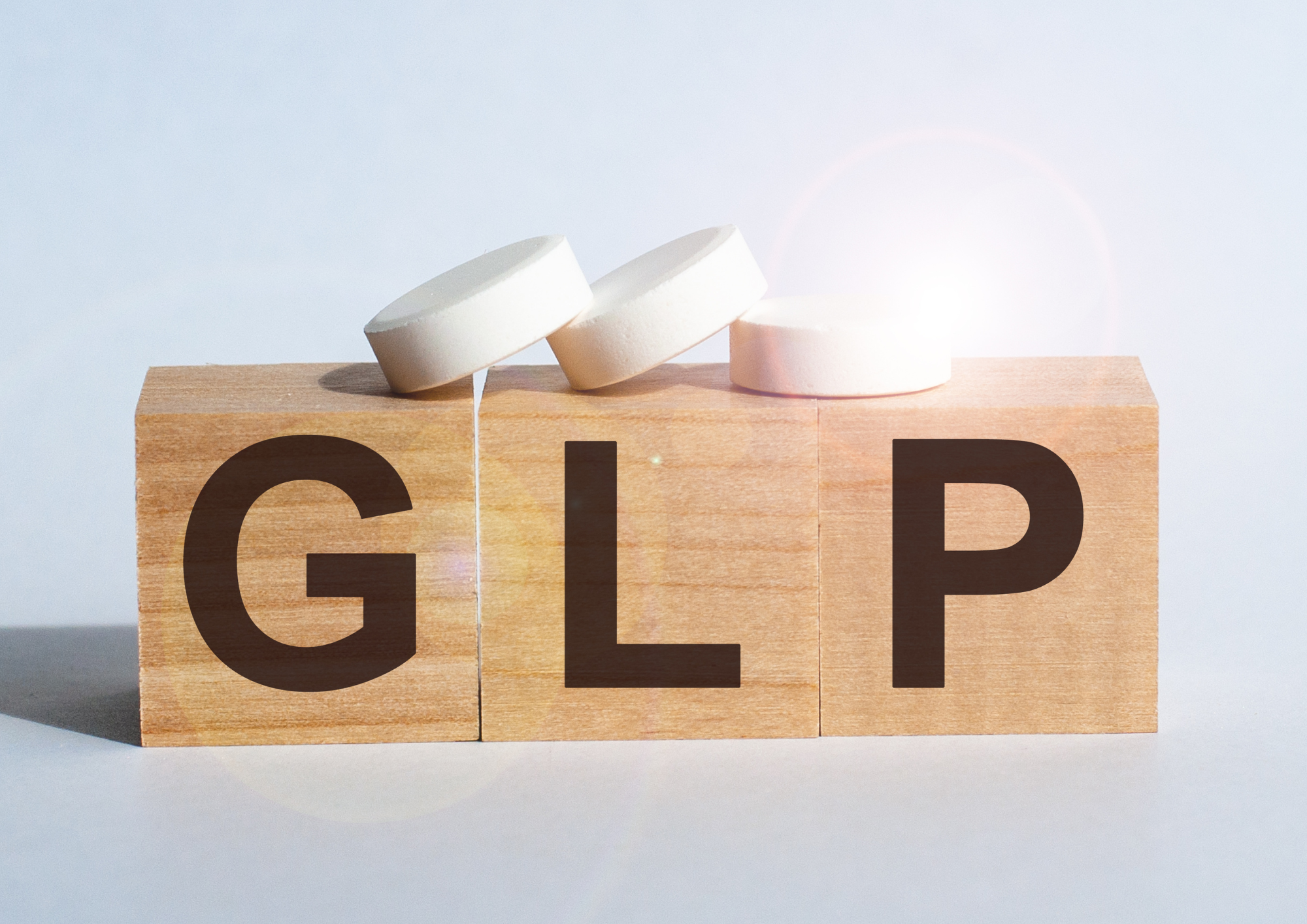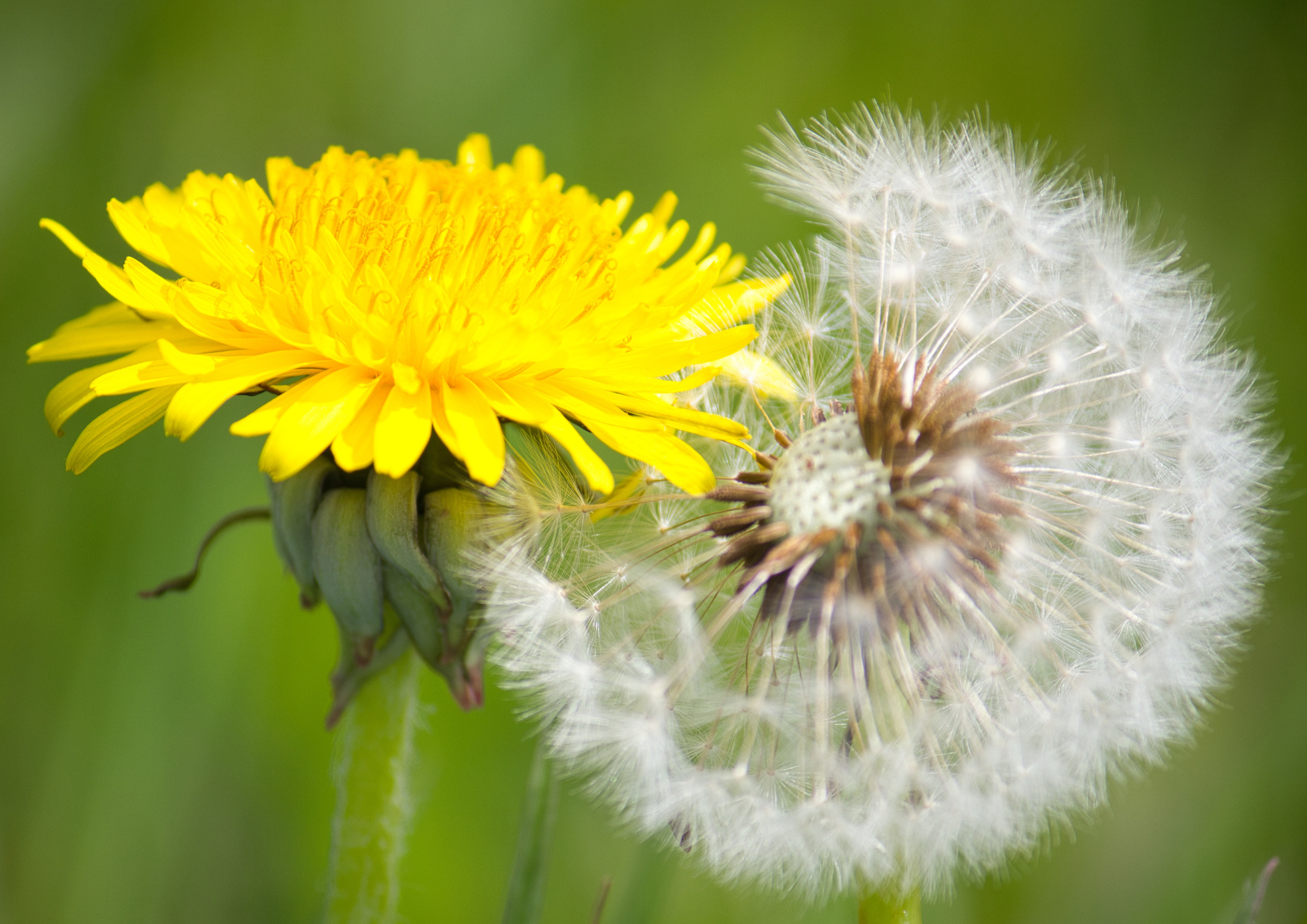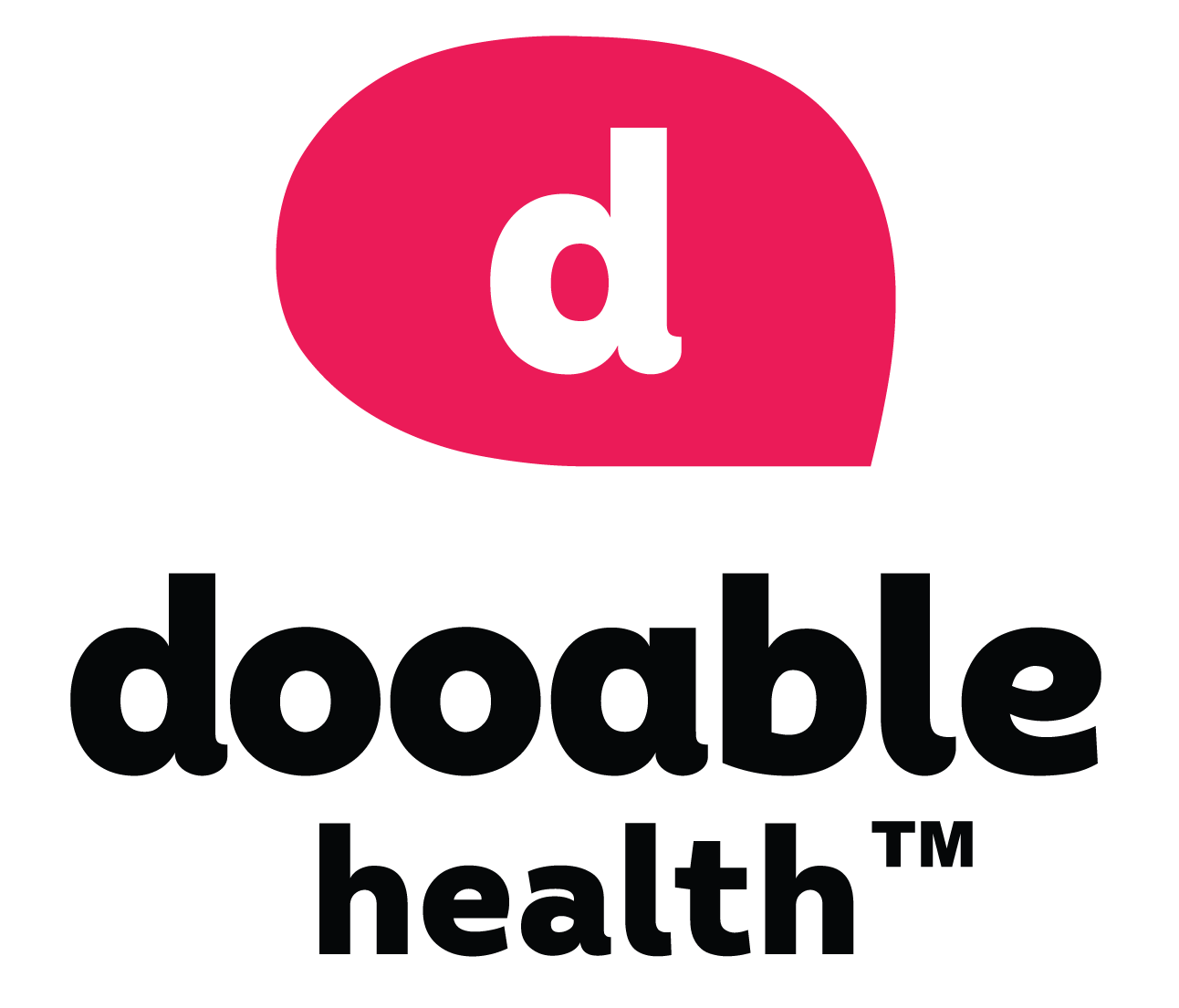The Unexpected Call
May 31, 2025

When my cellphone rang, I knew immediately who was calling. Was it another golf trip to plan to Ireland? An invitation to spend time at magical Spring Island? Or just a call to see how I was doing? When your best friend for the last fifty years calls, the anticipation of “catching up” awaits. I did wonder why his daughter from New York and our Godson from Philadelphia were out walking the golf course with him and their dog “Lucky”.
But the chit chat began, and another golf trip did come up. Suddenly he said, “There is something I need to tell you. I have a very large brain tumor and a smaller one. The doctors here think that they are metastatic cancer. They have no idea where these tumors came from, but we are coming up to Chapel Hill to see the neurosurgeons next week.”
“What?” I stammered, “How are you feeling?” “How is E doing? “How about the kids?” “What about your practice?” I frantically rattled off questions that needed immediate answers. His response, “They say I will be lucky to live four months. My bucket list is long, and it is time to get going. And the good news is that I feel fine!”
So, there it was. Confronted with the frailty of life and certainty of death, I battled the despondency of losing a best friend. Less than five months before, my older sister died unexpectedly. Her memorial service was fifty years to the day from our mother’s cancer death. I reflected on how disease and death had crept into our daily lives during the pandemic. Grief is real and touches us all.
But it is the unexpected that frames our most poignant emotion. We can “prepare” ourselves for death when it is the old, chronically infirmed, or those who have exhausted modern therapies without success. Yet in the active, seemingly healthy, a death declaration jolts our belief in normalcy and fairness. Our sorrow is premature and perhaps unwarranted. But it is real.
At the same time, it is not a matter of “toughness” or “fighting through.” The ups and downs of our emotional journey are what make life so full and rich. Our culture sometimes tries to shame us for feeling sadness and showing the caring of grief.
What to do? My best friend has taught me that life, whether of certain or uncertain remainder, is to be lived. Grief is for loss, not in anticipation of loss. The joy of living should not be stained by fear of death. Our spirituality and faith should free us to live out our days the best we can, knowing the inevitability of death’s victory.







